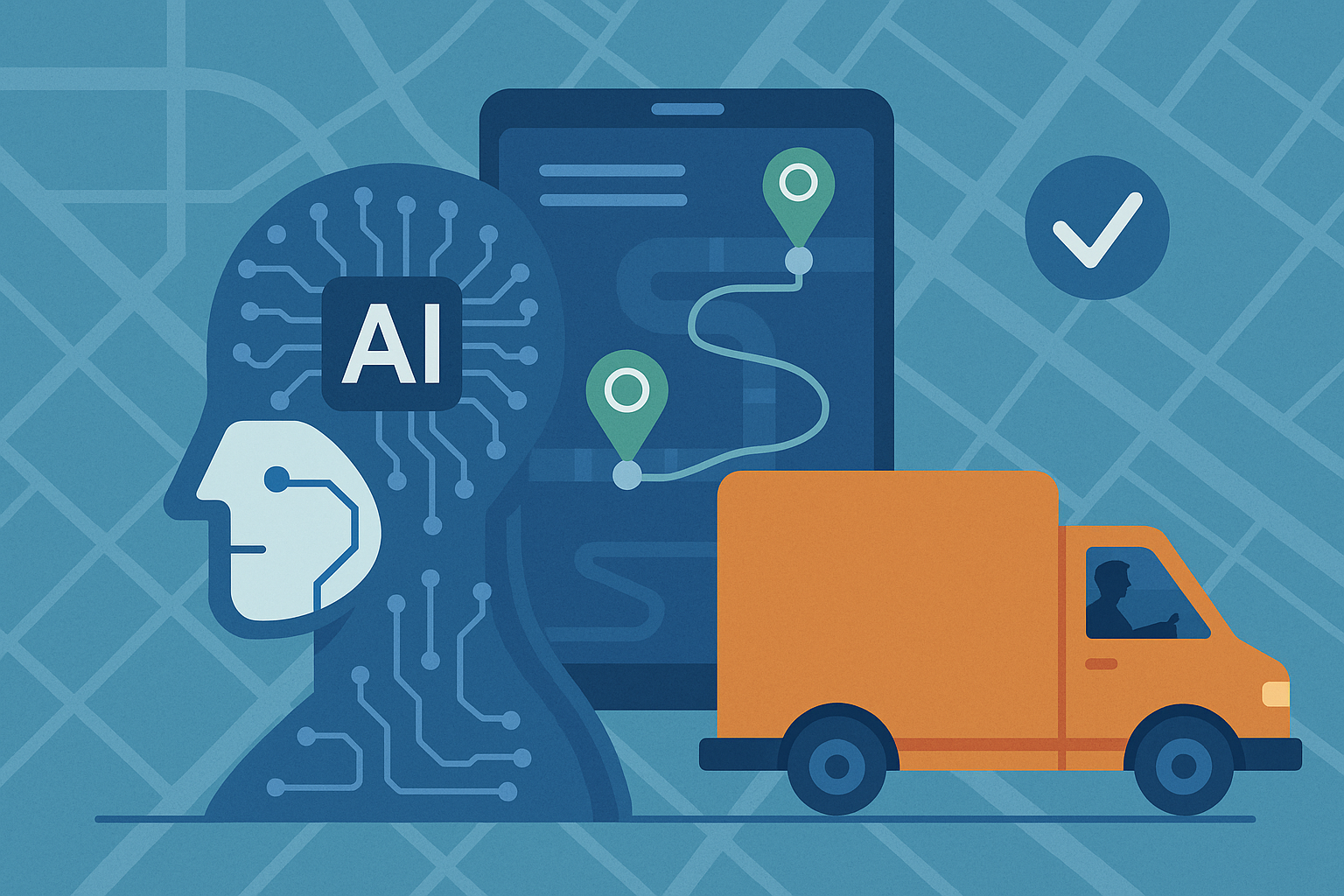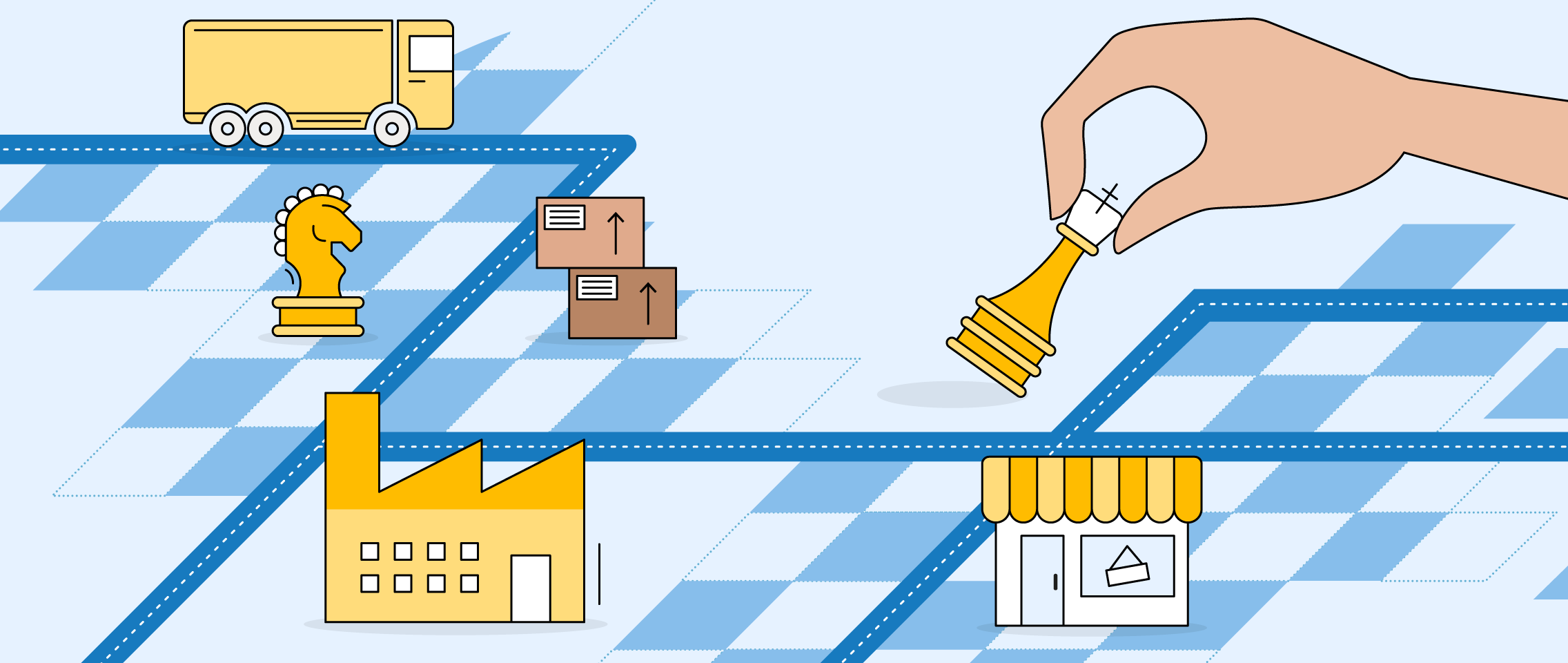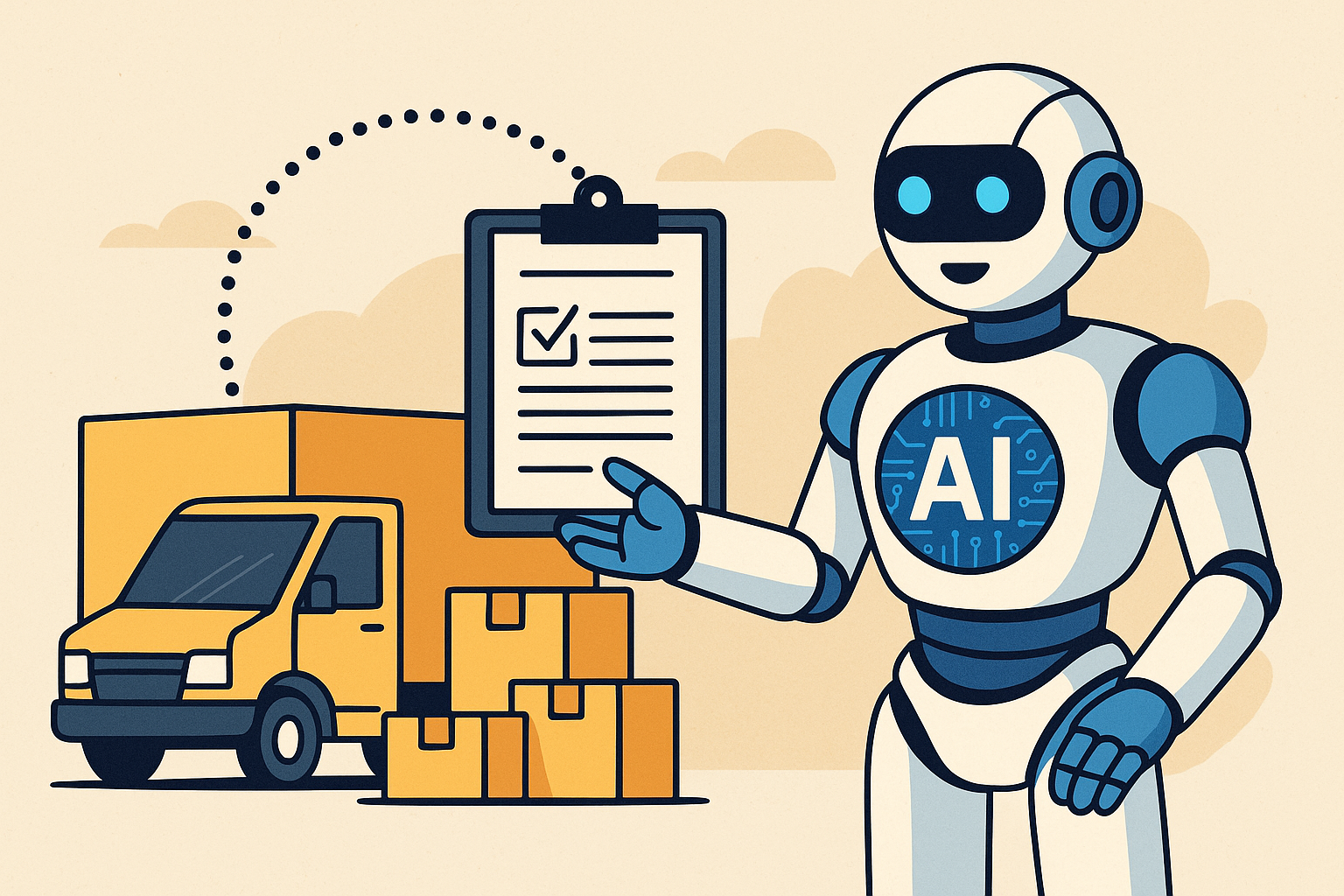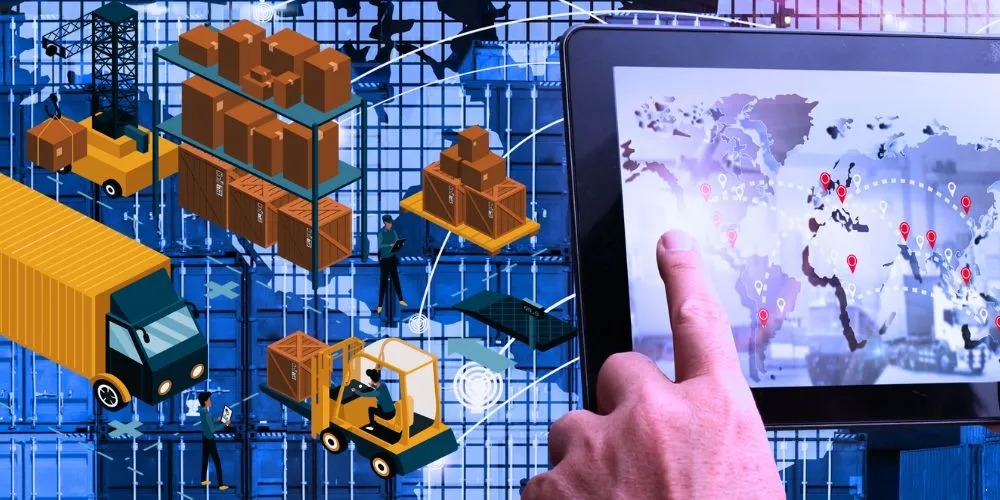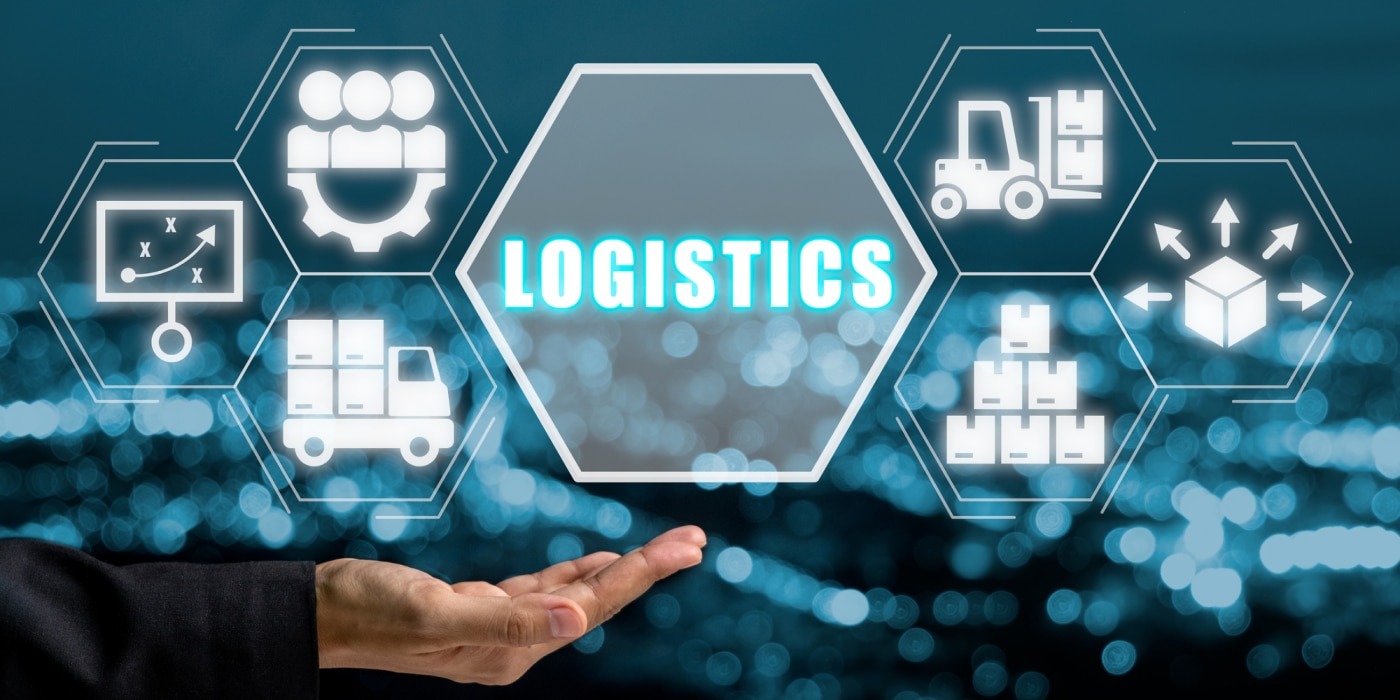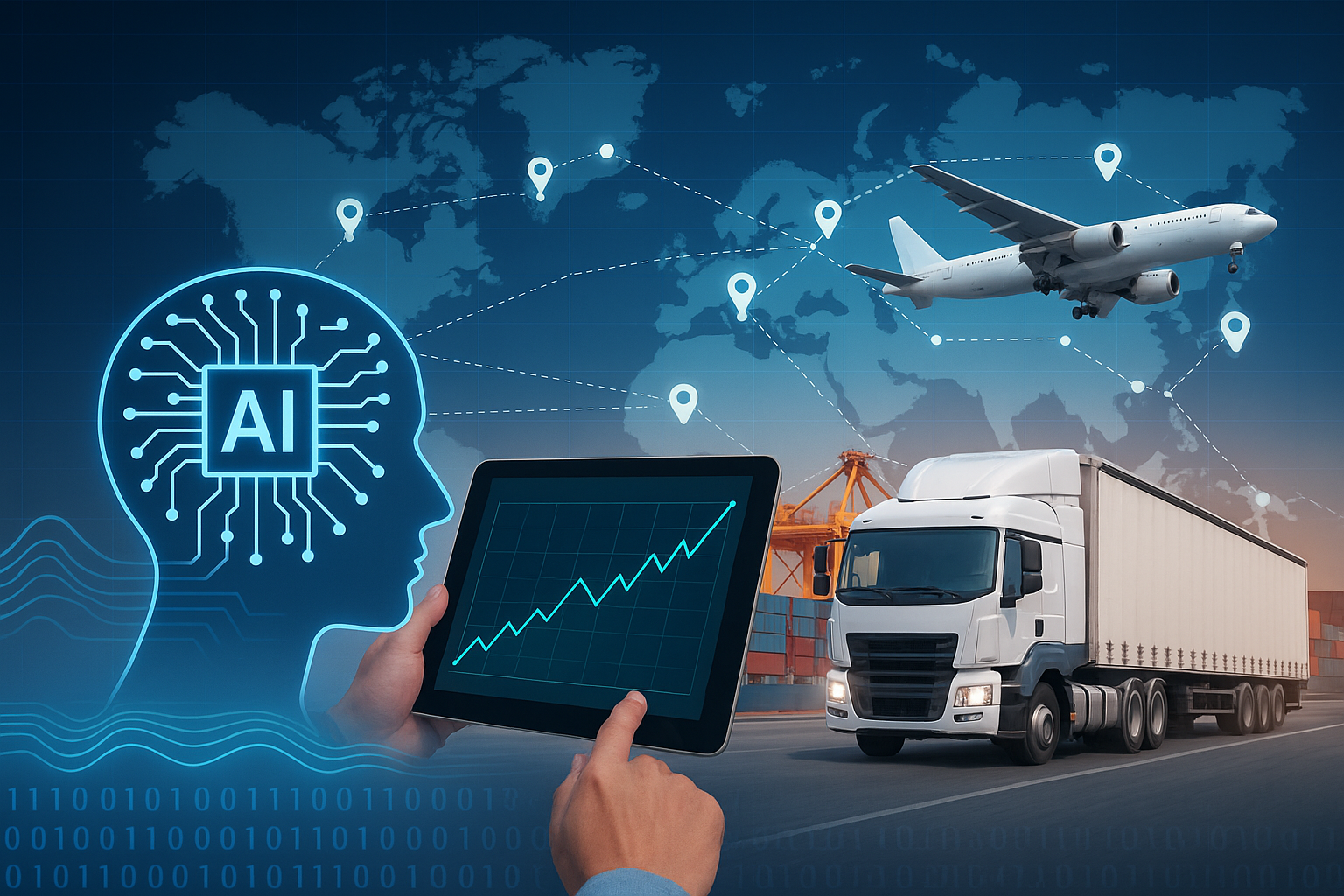Introduction: The Next Era of Transportation Is Here
The future of transportation services is being redefined by technology, sustainability, and urban innovation. As populations grow and cities become more congested, the demand for faster, cleaner, and smarter mobility solutions has never been greater.
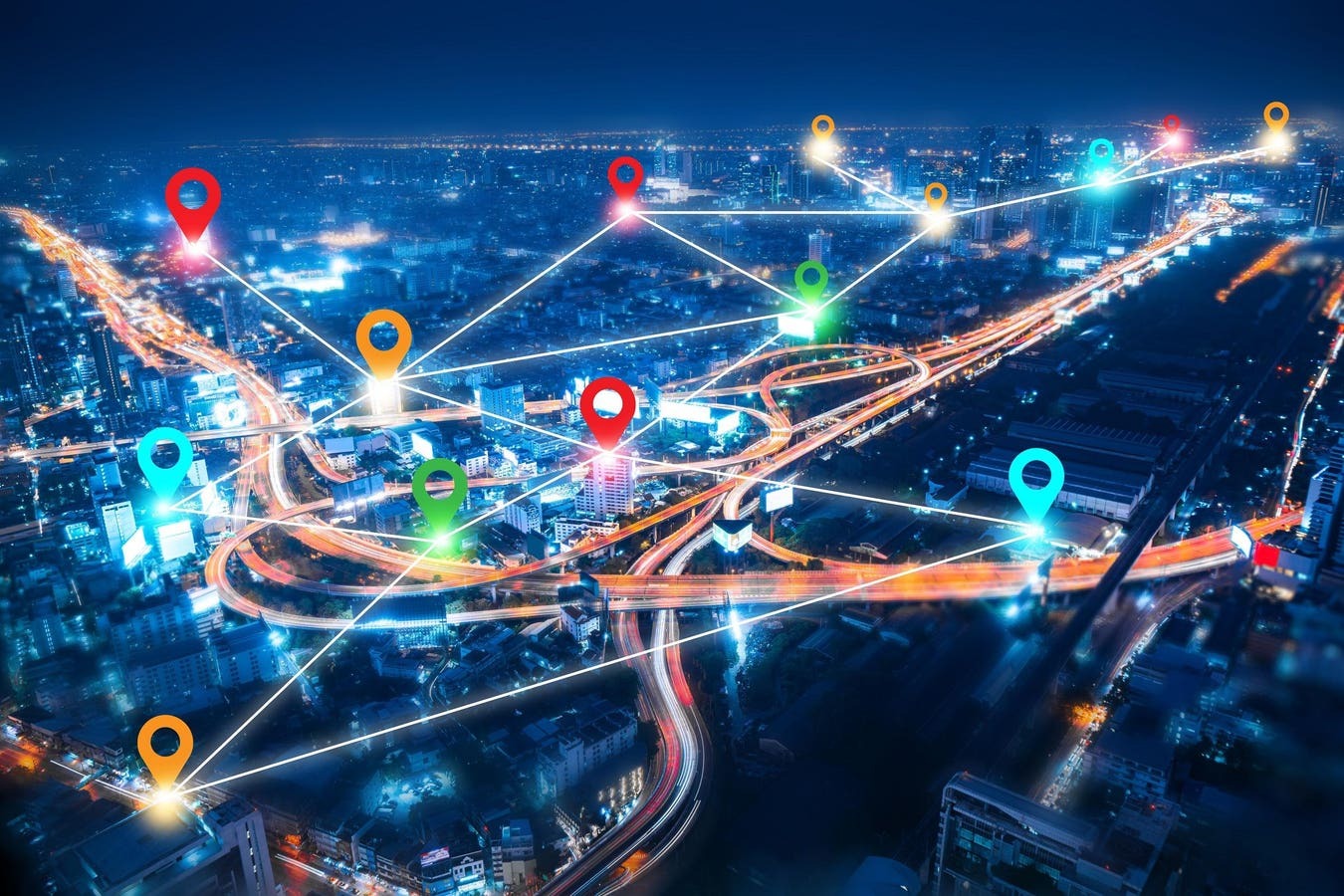
From electric vehicles (EVs) and autonomous cars to hyperloop systems and AI-driven logistics, transportation is undergoing a once-in-a-century transformation. According to McKinsey & Company, by 2030, connected and autonomous vehicles could create over $400 billion in annual economic value.
This article explores the technologies, trends, and strategies shaping modern mobility — and what businesses, governments, and consumers can do to stay ahead.
1. The Evolution of Transportation Services
Transportation has always been the backbone of economic and social development. However, the 21st century has introduced unprecedented challenges — climate change, urban overcrowding, and resource constraints — that demand a radical rethinking of how we move people and goods.
From Ownership to Mobility-as-a-Service (MaaS)
Traditionally, mobility meant owning a car or using public transit. Today, the rise of Mobility-as-a-Service (MaaS) — integrating multiple transport modes into one digital platform — allows users to plan, book, and pay for all their travel in one place.
Example:
Platforms like Whim (Helsinki) and Citymapper (London) combine ride-hailing, public transport, car-sharing, and bike rentals in one seamless app.
Benefits of MaaS:
-
Reduces traffic congestion.
-
Promotes shared mobility.
-
Enhances accessibility for non-car owners.
-
Supports sustainability goals.
2. Electrification: The Driving Force Behind Sustainable Mobility
The Rise of Electric Vehicles (EVs)
Electric vehicles are central to the future of transportation. Global EV sales exceeded 14 million in 2023, according to the International Energy Agency (IEA), representing 18% of total car sales.
Leading Innovators:
-
Tesla: Dominates the EV market with its Model 3 and Model Y.
-
BYD: China’s EV giant is rapidly expanding internationally.
-
Volkswagen: Investing over €180 billion in electrification by 2030.
Key Trends in EV Development:
-
Rapid charging technology (15-minute full charge).
-
Battery recycling and second-life energy storage.
-
Expansion of global charging networks (e.g., Ionity, Electrify America).
Government and Corporate Support
Governments worldwide are offering subsidies, tax credits, and emission targets to accelerate adoption. The EU plans to ban the sale of new petrol and diesel cars by 2035, while the U.S. Inflation Reduction Act supports EV manufacturing with billions in incentives.
Pro Tip:
Companies investing in EV fleets can significantly reduce operational costs and achieve carbon-neutral goals faster.
3. Autonomous Vehicles: Redefining Safety and Efficiency
Self-Driving Cars and Trucks
Autonomous vehicles (AVs) are revolutionizing mobility through AI and advanced sensor technologies. The global autonomous vehicle market is projected to reach $1.8 trillion by 2035, according to Allied Market Research.
Pioneers in AV Technology:
-
Waymo (Google) — operating autonomous taxis in Phoenix and San Francisco.
-
Cruise (General Motors) — focusing on driverless ride-sharing.
-
Aurora — developing self-driving systems for freight and logistics.
Benefits of Autonomous Vehicles:
-
Reduces accidents caused by human error (over 90% of crashes).
-
Improves traffic flow and reduces fuel consumption.
-
Enables 24/7 logistics operations.
Challenge:
AVs face regulatory hurdles, cybersecurity risks, and public skepticism, but real-world deployments are growing.
4. The Role of Artificial Intelligence in Transportation
AI-Driven Optimization and Predictive Analytics
AI is transforming every aspect of transportation — from route optimization to predictive maintenance.
Applications of AI in Transportation Services:
-
Traffic Management: Smart signals and AI cameras reduce congestion.
-
Fleet Management: Predictive analytics improve vehicle uptime.
-
Safety Monitoring: AI-powered sensors detect fatigue or anomalies.
Example:
Siemens Mobility uses AI to analyze real-time traffic data, improving signal timing and reducing city congestion by up to 20%.
Smart Infrastructure and Connected Vehicles
The integration of Vehicle-to-Everything (V2X) communication enables cars to “talk” to infrastructure, pedestrians, and each other — improving safety and coordination.
Case in Point:
Toyota’s Intelligent Transport System (ITS) in Japan reduces collision risks at intersections by sharing data between vehicles and traffic lights.
5. The Rise of Urban Air Mobility (UAM)
Flying Taxis and Drones
Once science fiction, air taxis and drones are becoming viable urban transport solutions. The UAM market is expected to exceed $86 billion by 2035, with major players already conducting pilot programs.
Key Innovators:
-
Joby Aviation and Archer Aviation — developing electric vertical takeoff and landing (eVTOL) aircraft.
-
Volocopter — testing passenger drones in Singapore and Paris.
-
Amazon Prime Air — pioneering drone-based delivery logistics.
Advantages of UAM:
-
Reduces road congestion.
-
Enables emergency medical transport.
-
Connects rural and urban areas faster.
Pro Tip:
UAM success depends on supportive infrastructure — such as vertiports and urban air traffic management systems.
6. Sustainability and Green Logistics
Eco-Friendly Transport Solutions
Sustainability is now a core priority in modern mobility. Companies are adopting green logistics and carbon-neutral operations to reduce emissions.
Strategies for Sustainable Transportation:
-
Electrifying fleets.
-
Using biofuels and hydrogen energy.
-
Implementing circular logistics (reuse and recycling).
-
Optimizing last-mile delivery routes with AI.
Example:
DHL’s GoGreen initiative aims for zero-emission logistics by 2050, combining EV fleets, optimized routing, and carbon offset programs.
Smart Cities and Public Transit Integration
Cities like Copenhagen and Singapore are leading the charge in sustainable transport by integrating data, public transport, and green infrastructure.
Stat:
According to World Bank data, smart transport solutions could reduce urban emissions by 30% by 2030.
7. Shared and On-Demand Mobility
Ride-Sharing and Micro-Mobility
Services like Uber, Lyft, and Bolt have redefined personal transportation. Meanwhile, micro-mobility solutions — such as e-bikes and scooters — provide convenient and eco-friendly options for short trips.
Trends in Shared Mobility:
-
Subscription-based car sharing (e.g., Zipcar, ShareNow).
-
Integration with public transport via MaaS platforms.
-
Expansion of electric micro-mobility fleets.
Pro Tip:
Cities adopting dedicated lanes and smart docking systems see higher adoption rates and fewer accidents.
8. Challenges Facing the Future of Transportation
While innovation is exciting, the road ahead isn’t without obstacles.
Key Challenges:
-
Regulatory Barriers: Autonomous and drone operations face complex approval processes.
-
Cybersecurity Risks: Connected vehicles are vulnerable to data breaches.
-
Infrastructure Gaps: EV charging stations and smart grids need rapid expansion.
-
Equity Concerns: Ensuring accessibility across all income levels.
Example:
A 2024 PwC report found that 47% of consumers worry about data privacy in autonomous vehicles.
Solution:
Stronger regulation, cybersecurity frameworks, and public-private collaboration will be essential to build trust and inclusivity.
Author’s Insight
Having worked with urban planning and mobility innovation teams, I’ve seen how quickly transportation ecosystems can evolve.
When cities prioritize smart design and sustainability, the results are immediate — cleaner air, safer roads, and happier commuters. One project I observed integrated AI-powered bus routing, cutting wait times by 25% while reducing emissions.
The key lesson: technology alone doesn’t solve mobility problems — collaboration does. Governments, tech firms, and citizens must work together to design inclusive, sustainable systems for everyone.
Conclusion: Mobility Reimagined
The future of transportation services will be defined by innovation, sustainability, and human-centered design. From electric and autonomous vehicles to urban air taxis and AI-driven logistics, these technologies are converging to create a connected, efficient, and cleaner mobility ecosystem.
For businesses, this transformation means opportunity — new markets, partnerships, and technologies to explore. For consumers, it means convenience, safety, and accessibility like never before.

